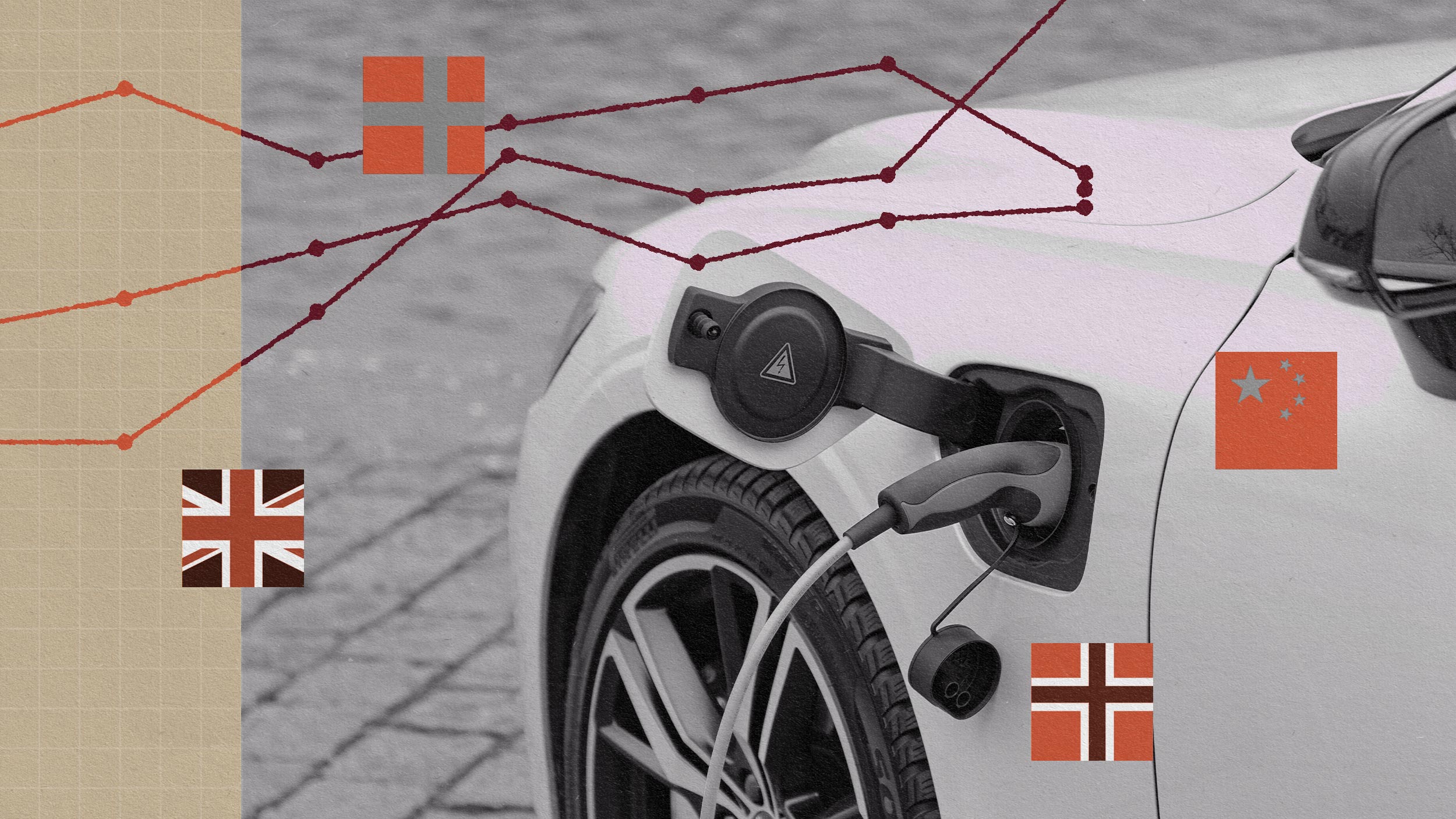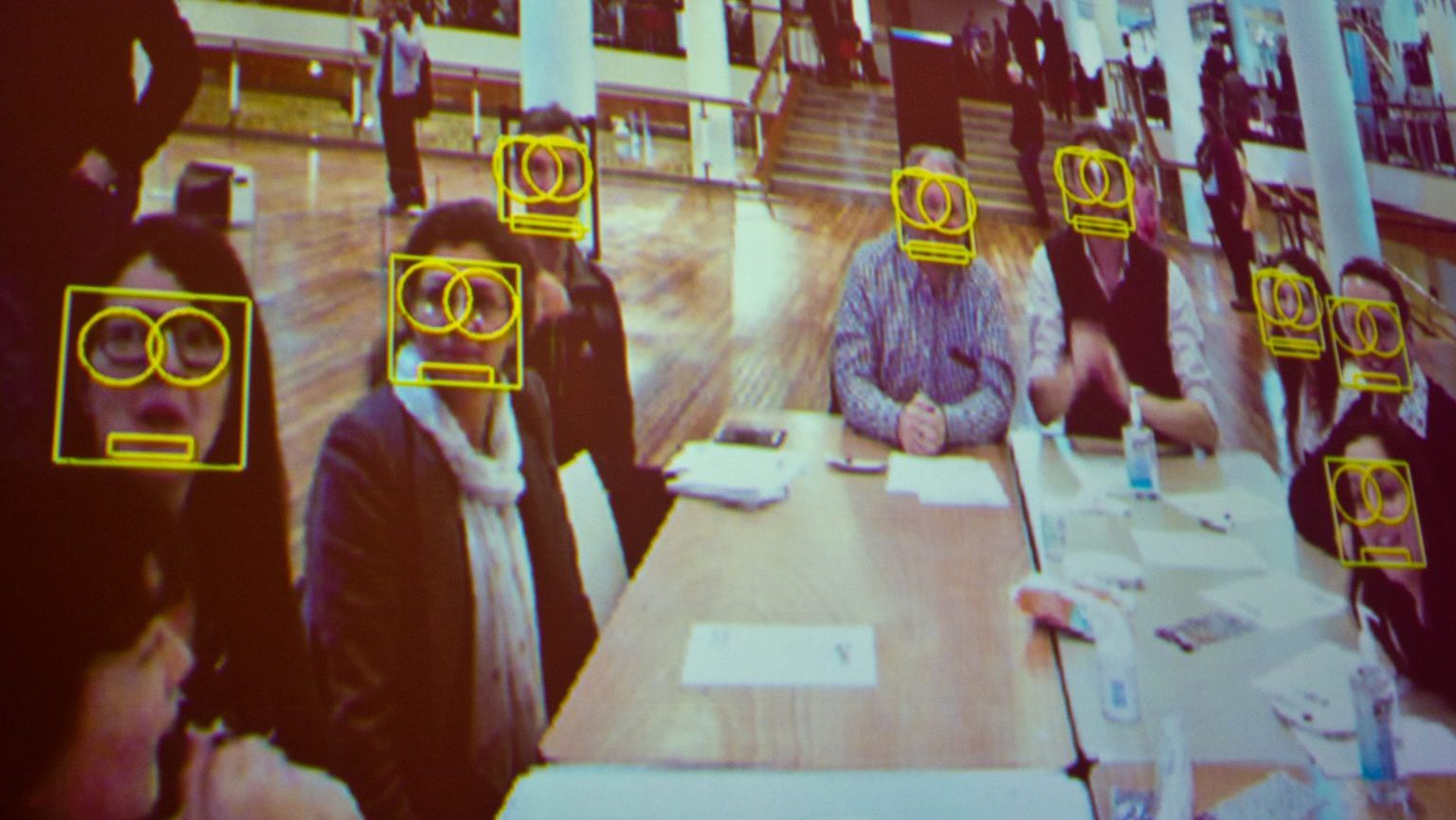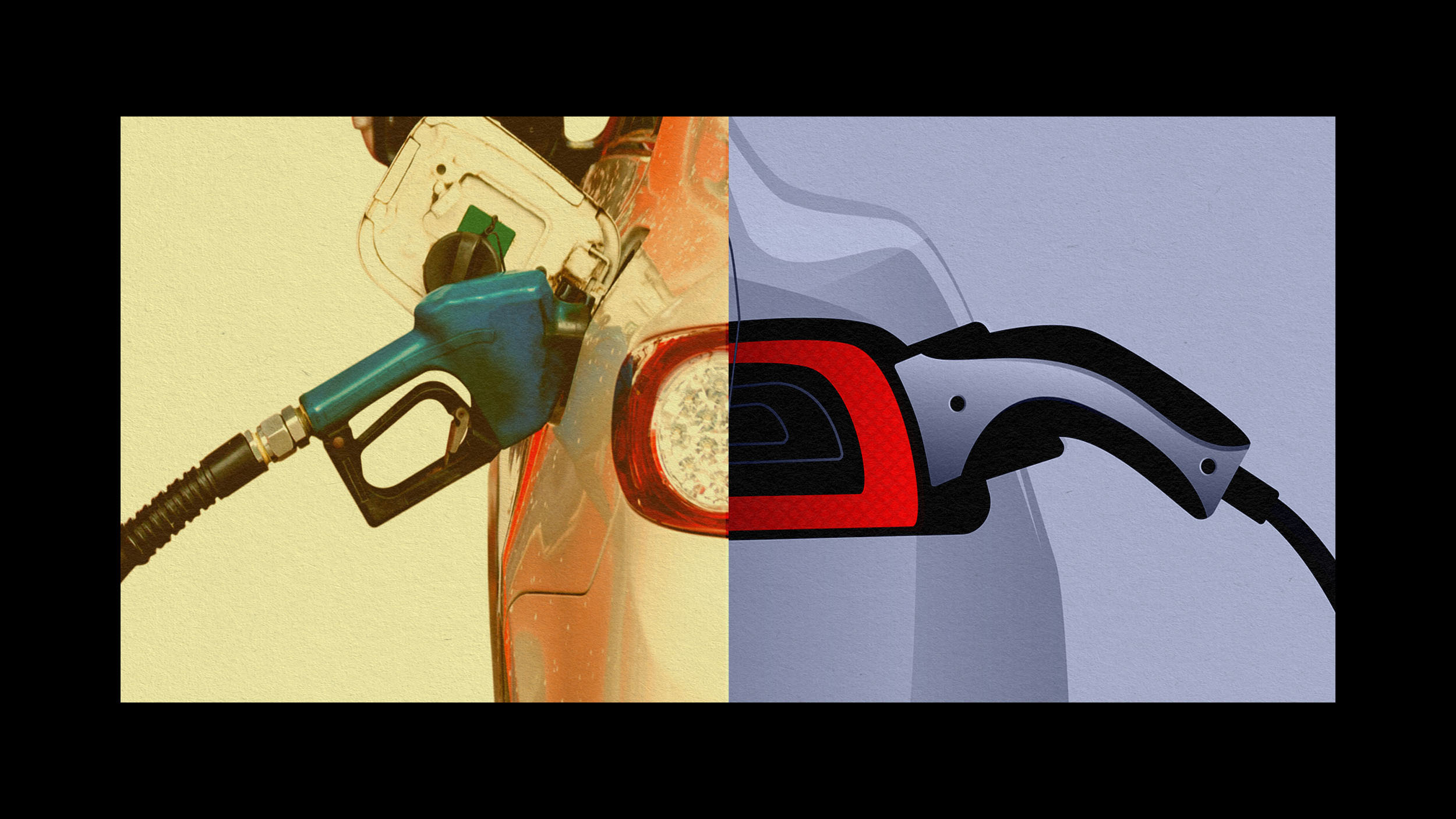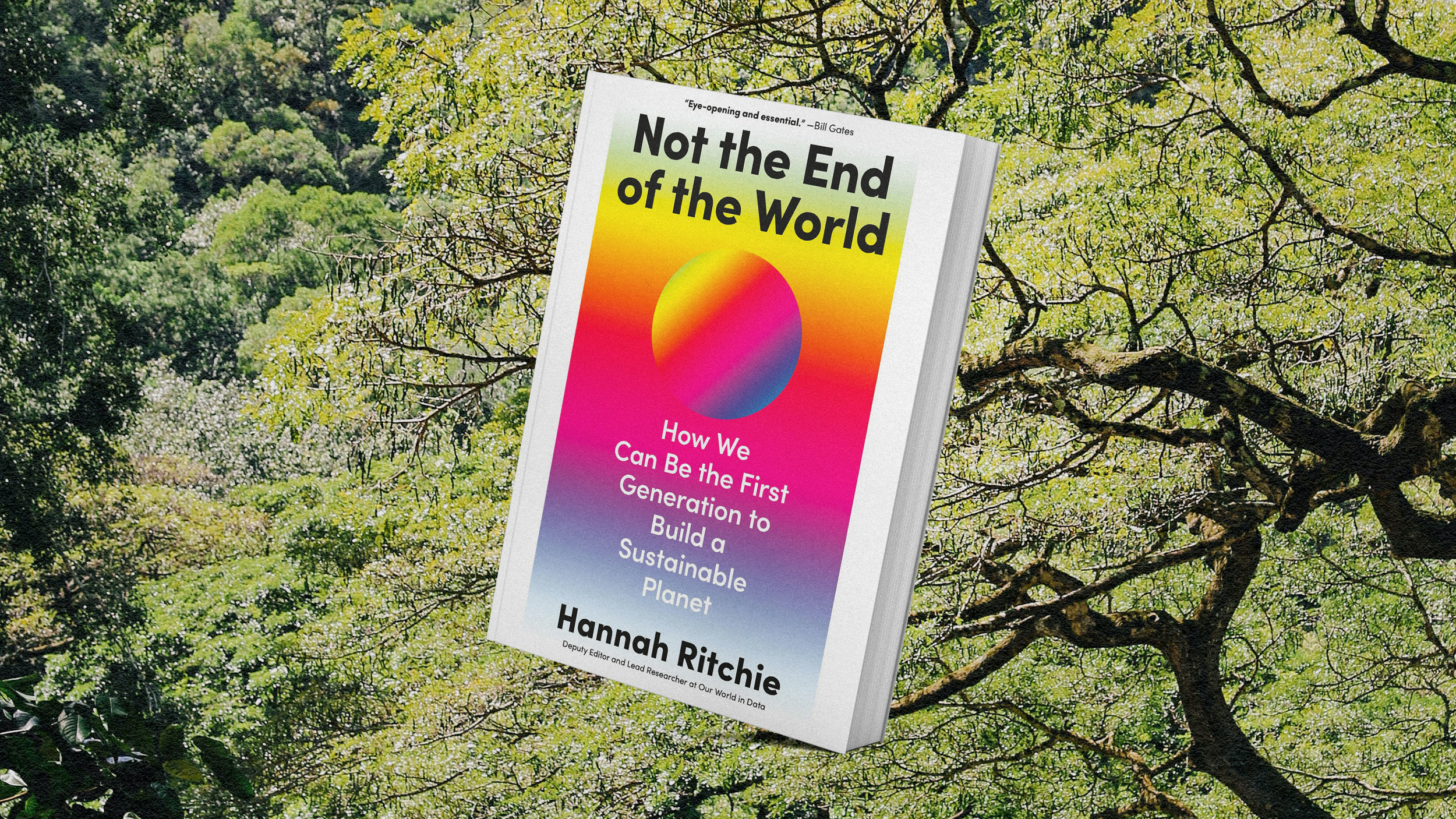The Present
All Stories
Consumer debt shapes American lives so thoroughly that it seems eternal and immortal, but it’s actually relatively new to the financial world.
Throughout the world, traditional political organizations are increasingly seen as dysfunctional. But can democracies live without them?
Food transport accounted for only 6% of emissions, but the production of dairy, meat, and eggs accounted for 83%
Explore data on electric car sales and stocks worldwide.
Autocrats like Xi Jinping and Vladimir Putin fear democracy, yet go to great lengths to present themselves as democratic leaders.
Ethan Mollick, associate professor at the Wharton School, explains why we have to crack the machine-buddy problem.
Perrikaryal uses an EEG to translate her brain activity into beating bosses in “Elden Ring” and beyond.
A college education currently provides roughly a 10% rate of return, beating the long-term performance of equities.
Police forces are choosing humans over algorithms to make some identifications.
About three out of every four people arrested in the U.S. are men. That rate is similar across the world.
Some of the world’s most satisfied societies are poor, small, and remote.
The case for why NASA should pivot to searching for current — not ancient — signs of life.
Five times in U.S. history, American presidential candidates have ascended to leadership despite lacking the popular vote. Here’s how.
Scientists are working to map out the risks of the permafrost thaw, which could expose millions of people to the invisible cancer-causing gas.
Do the benefits of plastics outweigh the costs?
There is a cross-country correlation between democracy and health. Is there good evidence to suggest it is causal?
A new analysis suggests previous “total cost of ownership” studies overlooked key factors.
BMW found it’s possible to remote-drive vehicles using available technology. All it takes is some software updates and a cellular network connection.
HaptX gloves provide high-fidelity touch feedback of virtual spaces (and they look cool, too).
From Hogwarts to hashtags, kids’ reading habits have changed drastically in recent decades — but data suggests cause for hope.
Environmental progress is happening quickly but we must keep pushing for change.
The record-breaking transmission could revolutionize deep space communication.
The U.S. ranked 59th worldwide.
Sometimes called “the new gold,” sand is the second most exploited natural resource in the world after fresh water.
As wind power grows around the world, so does the threat the turbines pose to wildlife. From simple fixes to high-tech solutions, new approaches can help.
Frontier, the ORNL supercomputer, used machine learning to perform 9.95 quintillion calculations per second.
Is it better to be the oldest sibling, the youngest, or in the middle?
Big Think spoke with AI expert Nick Jennings about the future of regulating fast-evolving AI.





























